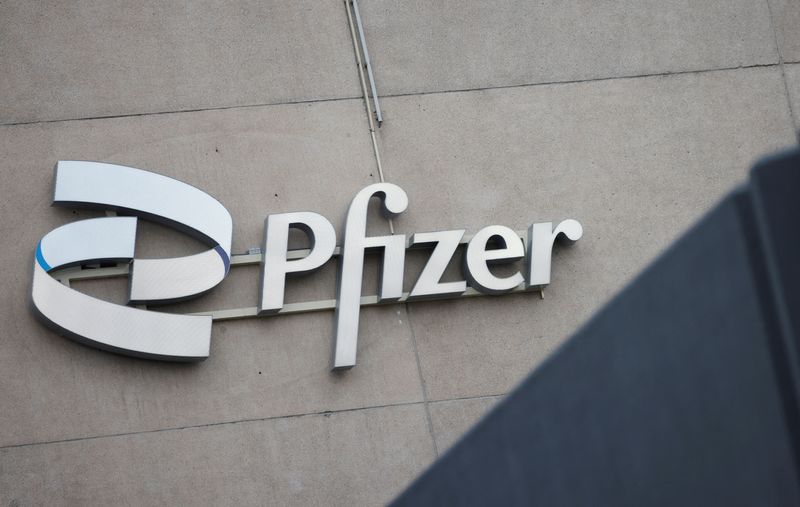Investing.com’s stocks of the week
WASHINGTON (Reuters) - The U.S. government will not force Pfizer Inc (NYSE:PFE) and Astellas Pharma Inc to lower the price of their prostate cancer drug Xtandi using its emergency "march-in" authority, a federal agency said on Tuesday.
March-in rights, which have never been used before, allow the government to grant additional licenses to third parties for products developed using federal funds if the original patent holder does not make them available to the public on reasonable terms.
The Union for Affordable Cancer Treatment, a patient group, had first filed a petition calling on the National Institutes of Health (NIH) to use its authority to lower the drug's price in March 2016.
The NIH said in a letter made public on Tuesday that its analyses in response to the petition found that the prostate cancer treatment was widely available.
"NIH does not believe that use of the march-in authority would be an effective means of lowering the price of the drug," the letter said.
Xtandi's wholesale cost is between $160,000 and $180,000 per patient a year. The companies are expected to have combined revenue from Xtandi of more than $2 billion this calendar year, according to data from Refinitiv.
Astellas said the decision would protect public-private partnerships as "incubators of technological innovation."
March-in rights were introduced as a safeguard in the Bayh-Dole Act of 1980, which allows the inventors to retain ownership of inventions developed with public funds and hold patents, as is the case with Xtandi.
Progressive lawmakers in the Democratic Party have been calling on President Joe Biden's administration to use its march-in authority to lower drug prices.
The Department of Health and Human Services (HHS) also denied a petition for a congressional hearing concerning potential price gouging on the drug, Representative Lloyd Doggett, the top Democrat on the House's Ways and Means Health Subcommittee, said in a statement.
The HHS and the Department of Commerce (DOC) said on Tuesday they would undertake a review of the government's march-in authority as laid out in the Bayh-Dole Act.
